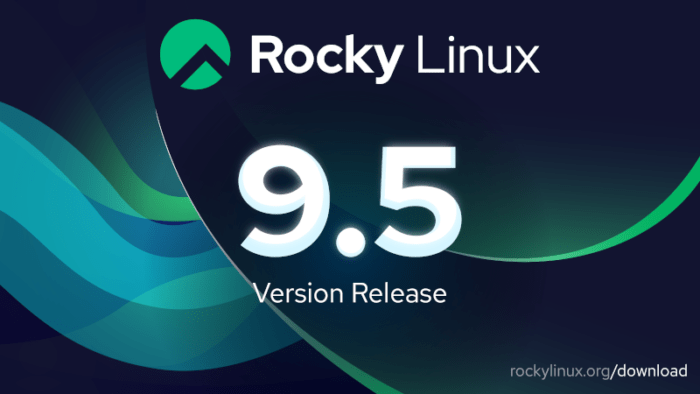If all goes according to plan, by the time this article publishes, downloads will be available for AlmaLinux 10 Beta.
Posts published in “Distros”
The latest and greatest version of Rocky Linux has been released, battle tested, and is ready-to-go.
Wanna build your own RHEL clone? OpenELA's got all the source code you need, ready to download for free.
AlmaLinux is again the first RHEL clone to cross the finish line with a new release.
AlmaLinux now has a status on Microsoft's cloud that it shares with only six other Linux distributions. Here's what it means.
The AlmaLinux Foundation says that the new distribution, which was made available on Tuesday, is not intended for production use, but for developers working downstream of AlmaLinux OS.
Registration is open and a call for papers is out for openSUSE's Early Adopter Tech Summit which will take place on the heels of SUSECON in March.
'Rocky Linux from CIQ' is Rocky Linux with a commercial entity to stand behind the open source product for enterprises that need that.
MX Linux’s mirrors for downloading packages should be unaffected by the storm. With Hurricane Milton a category 4 and already bringing storms to Florida’s northwest…
What do you do when you own a handheld gaming device that you really wish was a Steam Deck? You install SteamFork on it, that's what you do.










